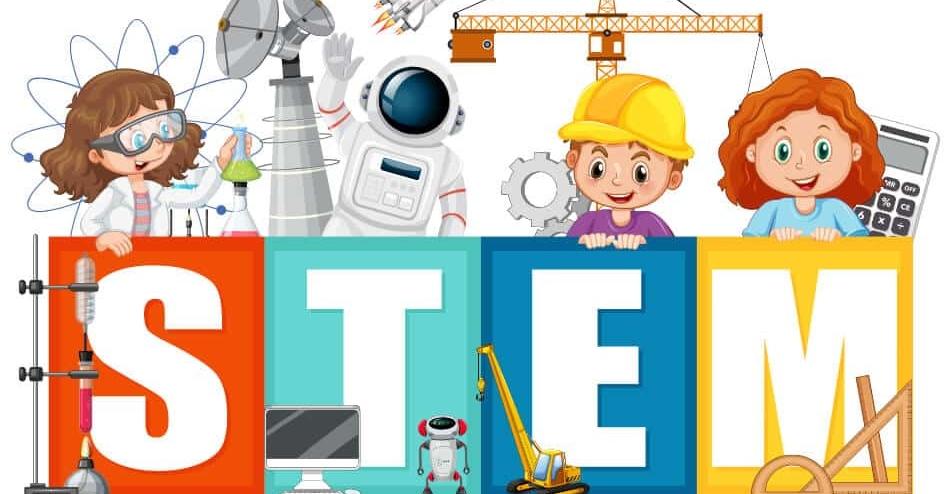Introduction
In today’s technology-driven world, a strong foundation in Science, Technology, Engineering, and Math (STEM) is essential for children’s future success. STEM education fosters critical thinking, problem-solving skills, and creativity, all of which are vital in various fields and professions. While schools play a crucial role in imparting STEM knowledge, parents can enhance their children’s learning experience by incorporating fun and engaging STEM activities at home. In this blog, we will explore a variety of hands-on activities that parents can use to spark their children’s curiosity and passion for STEM subjects.
- Kitchen Chemistry Experiments: Turn your kitchen into a laboratory and engage your kids in exciting chemistry experiments. Create volcanoes using baking soda and vinegar, make slime using household ingredients, or explore density by layering liquids of different weights. These activities not only teach basic chemical reactions but also make learning an enjoyable experience.
- Build and Engineer: Encourage your child’s engineering skills by providing building materials like LEGO, wooden blocks, or even recycled materials. Challenge them to construct bridges, towers, or even simple machines. This not only teaches engineering principles but also nurtures creativity and innovation.
- Coding and Programming: Introduce your children to the world of coding and programming through age-appropriate platforms. These visual programming languages make it easy for kids to understand coding logic while creating interactive stories, games, and animations.
- Gardening and Botany: Explore the wonders of nature and biology by starting a home garden. Allow your children to plant seeds, observe plant growth, and learn about photosynthesis. Gardening teaches them responsibility, patience, and an understanding of ecosystems.
- Math Games and Puzzles: Incorporate math into daily activities with games and puzzles. Board games like Monopoly teach money management and basic arithmetic, while Sudoku and crossword puzzles enhance critical thinking and problem-solving skills.
- Science Experiments: Conduct simple science experiments using household items. Create a rainbow in a jar to teach density and liquid properties, or make a homemade volcano to learn about chemical reactions. Websites like Science Buddies offer a plethora of experiment ideas suitable for different age groups.
- Explore the Universe: Take advantage of online resources and stargazing apps to explore astronomy with your children. Observe the night sky, learn about constellations, and discuss the wonders of the universe. Space exploration sparks curiosity about physics and celestial bodies.
- DIY Electronics: Introduce basic electronics by creating simple circuits or building a homemade flashlight. Kits designed for kids are available, offering a safe and educational way to learn about electricity and circuitry.
- STEM Kits and Subscriptions: Consider investing in STEM kits or subscription services that deliver monthly hands-on projects to your doorstep. These kits provide everything needed for experiments and projects, making STEM learning convenient and exciting.
- Virtual Field Trips: Explore museums, zoos, and landmarks virtually to learn about history, geography, and science. Many institutions offer online resources and virtual tours, allowing children to explore the world from the comfort of home.
Conclusion
STEM education at home can be a rewarding experience for both parents and children. By incorporating these fun and engaging activities into your daily routine, you can foster a lifelong love for science, technology, engineering, and math. These hands-on experiences not only enhance academic knowledge but also develop crucial skills that will benefit children in various aspects of their lives. So, roll up your sleeves, gather some materials, and embark on a journey of discovery and learning with your young STEM enthusiasts.






